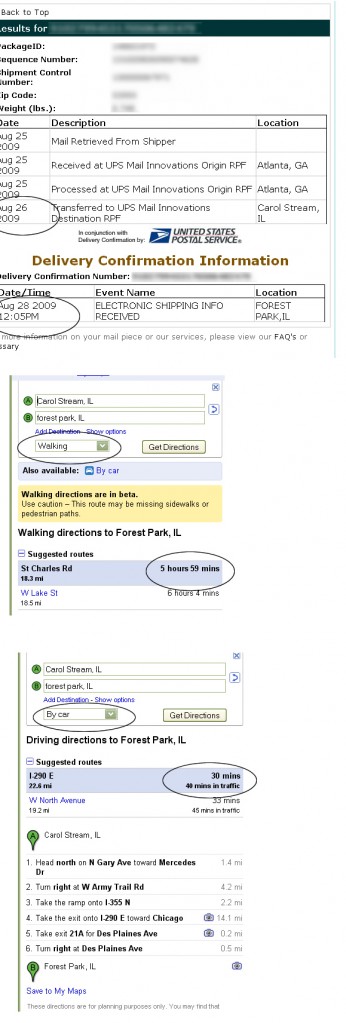I am going to have a face-to-face interview with a candidate of a PHP programmer position this afternoon. I was told to prepare some technical questions for the interview.
If a candidate earns an face-to-face interview opportunity, that means his resume should have a very good match to the position requirement. However, people can put anything on their resumes, there is no way to tell whether the information on the resume is true or not (and referencees guarantee will give you good feedback on the candidates). That’s why a face-to-face interview is really important.
I will have around 30 minutes to 1 hour to interview a candidate, how can I get the most information from him to help myself making this decision?
After googling on the web, I found tons of information about how to interviewing a programmer, but most of them are related to really technical questions, such as “How do you solve this math puzzle?”, or “What’s the meaning of double-dollar variable in PHP?” etc. I think these questions are not efficient and effective enough to judge the skill of the candidates. Personally, I don’t like these types of questions at all because I think it does not help to judge a realistic performance of a person. I prefer some more realistic questions.
So, I end up designing a test by myself. It is nothing more than a simple html form (e.g., a form to update users’ contact information). The candidate will be asked to implement the functions to update the records. I think this is pretty closed to what I do in my work, i.e., Create, View, Update and Delete record.
Well, this question sounds pretty simple, and I think there are plenty of hidden traps. Here are what I expect in the codes:
- Core function, i.e., Updating the record – 40%
- Validating the inputs(e.g., don’t store a negative number into age column, make sure the ID exists etc) – 10%
- Performance (e.g., Update the record only if the records have been changed by the users.) – 10%
- Handling simultaneous update (e.g., lock the record before update) – 10%
- Security (e.g., storing the configuration out of the web server scope, prevent online attack etc) – 10%
- Development time(e.g., spending 2 hours ends up with very few features is not acceptable) – 10%
- Think outside the box(e.g., Suggesting to use Ruby on Rails to shorten the development time, using jQuery for client-side validations etc.) – 10%
I believe that if a person can do great in a simple task, he will do great in a complex task. Unfortunately, it is not easy to look for a good programmer.
Updates (August 31, 2009):
The answers I received from the candidates are pretty interesting and filled with tons of surprise. Some of the answers go beyond my imaginations. Here are few examples:
So far, the best answer scores 60%. I don’t think this is an exciting result. If you found this useful, please let me know, thanks!
–Derrick
Our sponsors:


